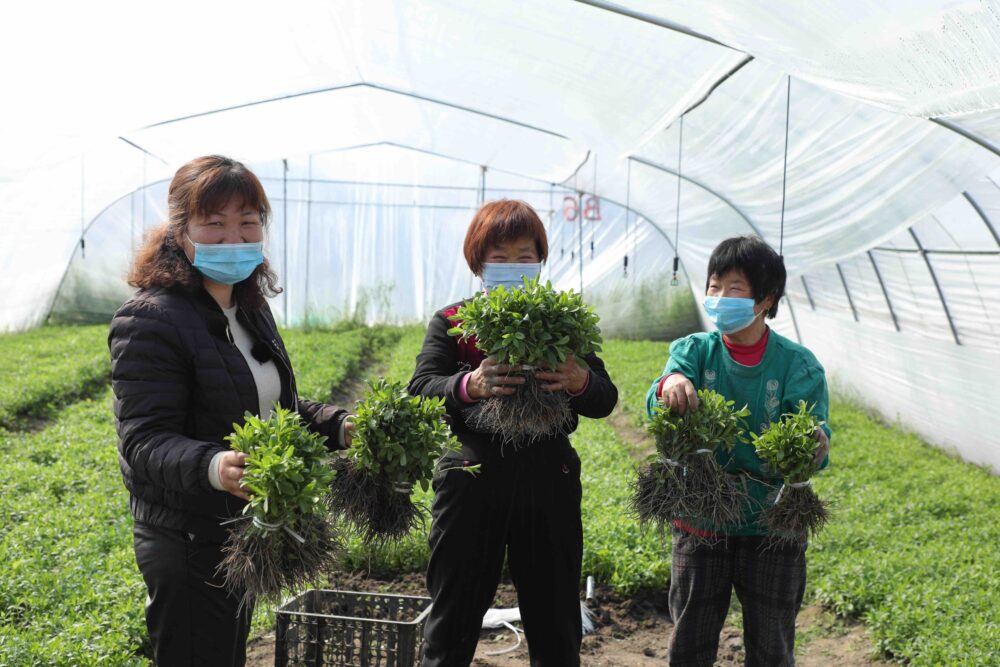Amid a sustained demand for healthier options across the food and drink market, global sugar substitutes markets are continuing on a significant growth track, from $23.5 billon presently, forecast to reeach $29bn by 2029, according to latest studies, writes Neill Barston.
The fresh research by MarketsandMarkets, asserted that consumers today are more informed than ever about their nutritional needs, which has prompted manufactures such as Tate & Lyle ingredients and Cargill, ADM, Ingredion and Dohler, to examine sugar-reduced or alternative solutions.
As Confectionery Production has reported on a number of occasions from major shows around the world, manufacturers have increasingly sought to tap into consumer demand for healthier profile products.
This is a trend that the pandemic of 2020 had kick-started, and has continued to accelerate since then, with solutions, particularly in the stevia market becoming more advanced, and crucially, better tasting than ever before.
The rising prevalence of health conditions such as diabetes and prediabetes is pushing people to look for healthier alternatives to sugar. For instance, the US Department of Health & Human Services (2022) reports that 37.3 million Americans have diabetes, and 96 million adults have prediabetes. This growing health awareness is driving demand for sugar substitutes, which help in weight management and blood sugar control.
As the report noted, the sugar substitutes market is seeing significant opportunities through research and development, particularly in sweeteners designed for diabetic wellness. With over 10.5% of adults worldwide living with diabetes—a number projected to increase to 783 million by 2045—companies are innovating sweeteners such as stevia, monk fruit, and aspartame that offer minimal impact on blood sugar levels.
Furthermore, the study asserted that regulatory support and rising consumer preference for healthier options make these alternatives a promising avenue for growth, product diversification, and global expansion.
Consumers increasingly prefer natural ingredients without artificial additives, prompting manufacturers to innovate with plant-based sweeteners.
In addition, high-intensity sweetener extraction and refinement are becoming more efficient and cost-effective, with companies such as Tate & Lyle offering a number of solutions for the sector.
Other factors have also played their part, including an increasing availability of healthier alternatives through online and specialty channels is increasing consumer access. Similarly, the rise of vegan diets has driven demand for sweeteners including stevia.
In terms of market segments, the report highlighted the prominence of the liquid segment, which has grown due to its convenience and comparatively long shelf life. Liquid sugar substitutes like high-fructose corn syrup (HFCS), liquid maltitol, and monk fruit extracts are increasingly used in confectionery, as well as beverages.
Furthermore, high fructose corn syrup remains widely used in baked goods, and processed foods, and is available in 42% and 55% fructose concentrations, and valued for its sweetness, stability, and cost-effectiveness.
As regards popularity around the world, Europe holds a significant share in the sugar substitutes market due to strong regulatory frameworks, rising health awareness, and active investments in innovation.

